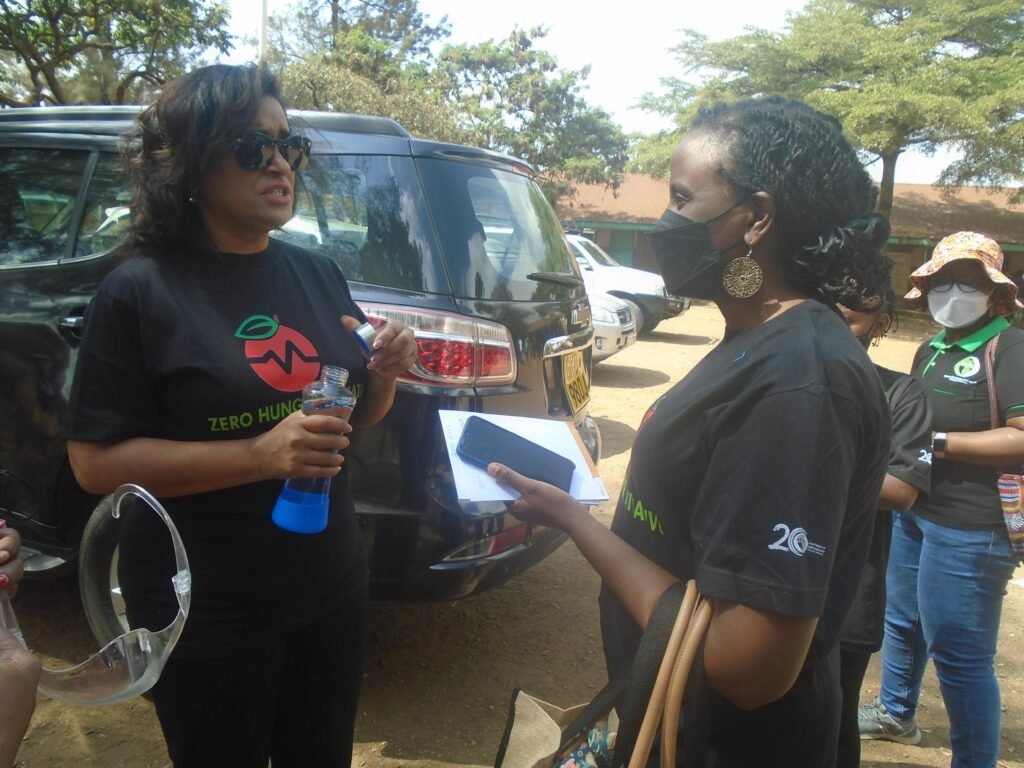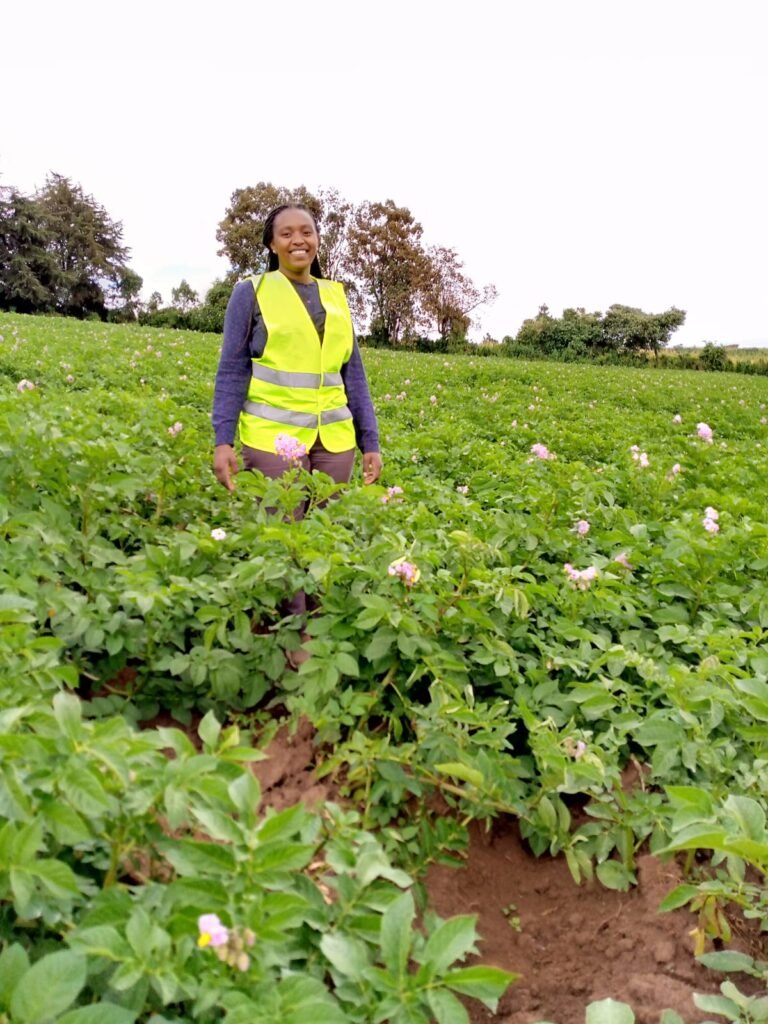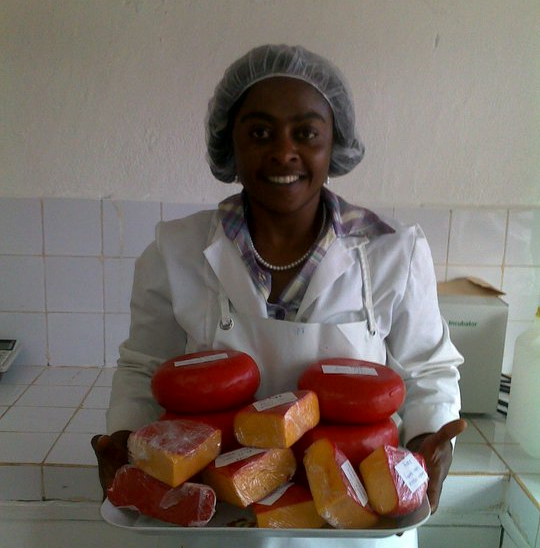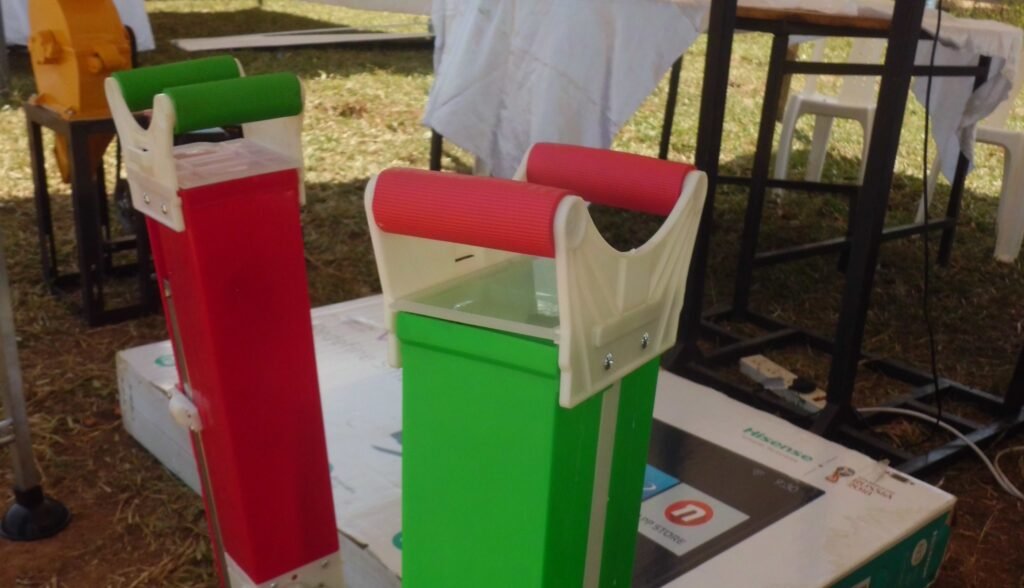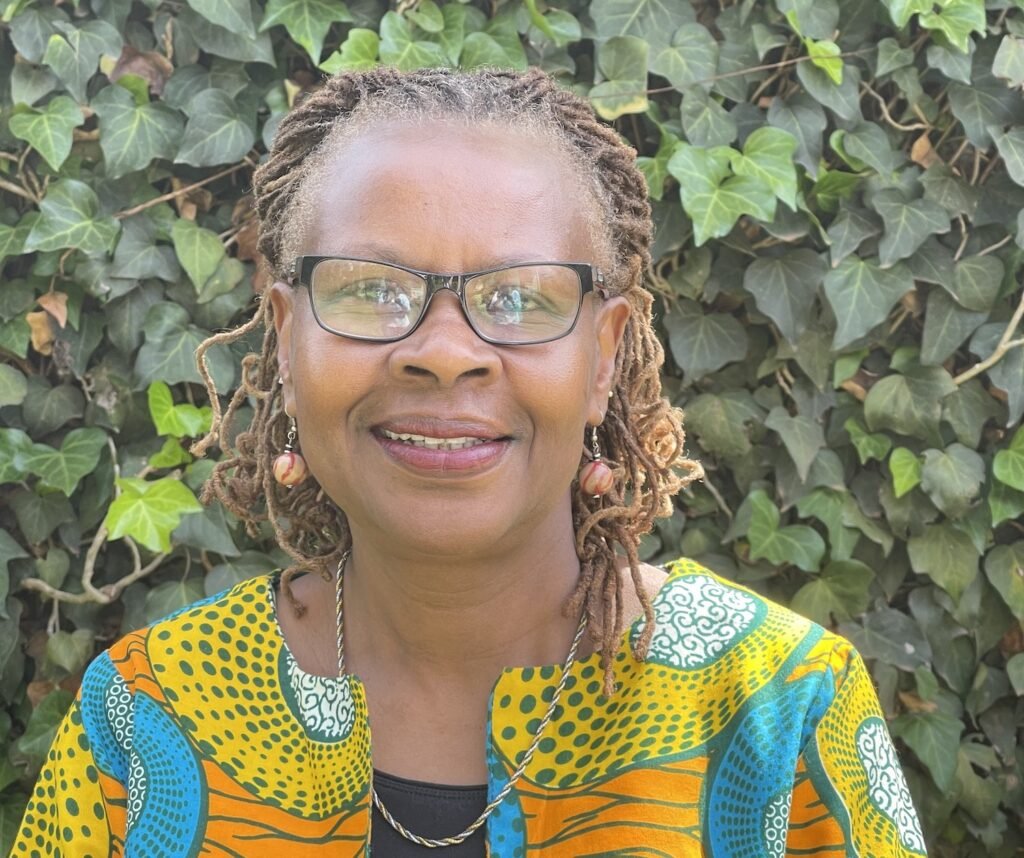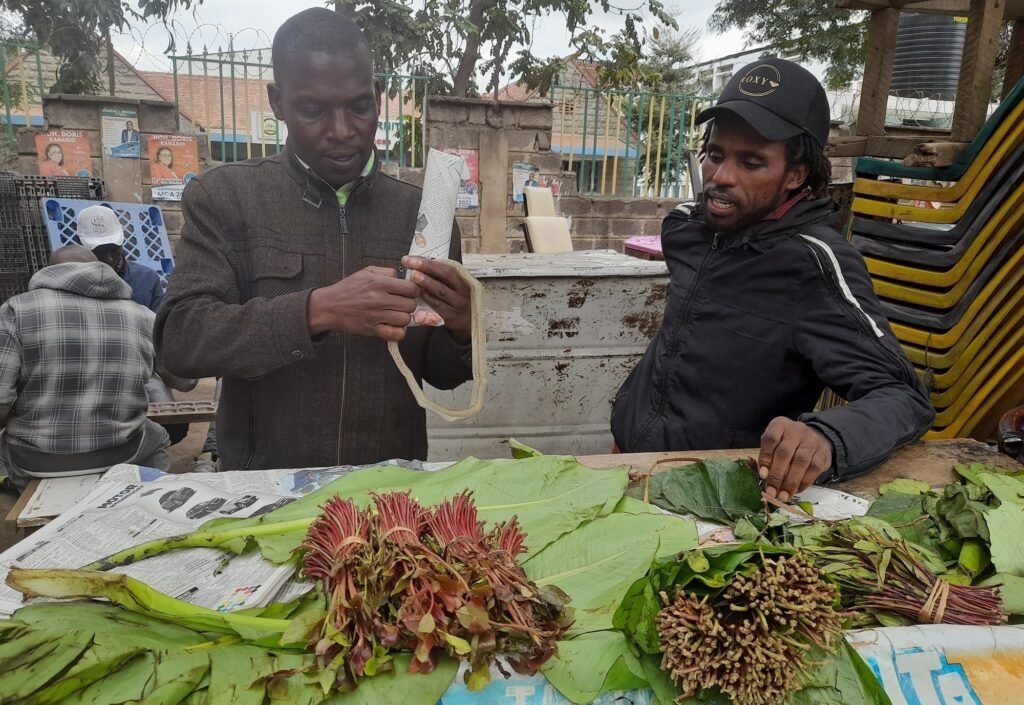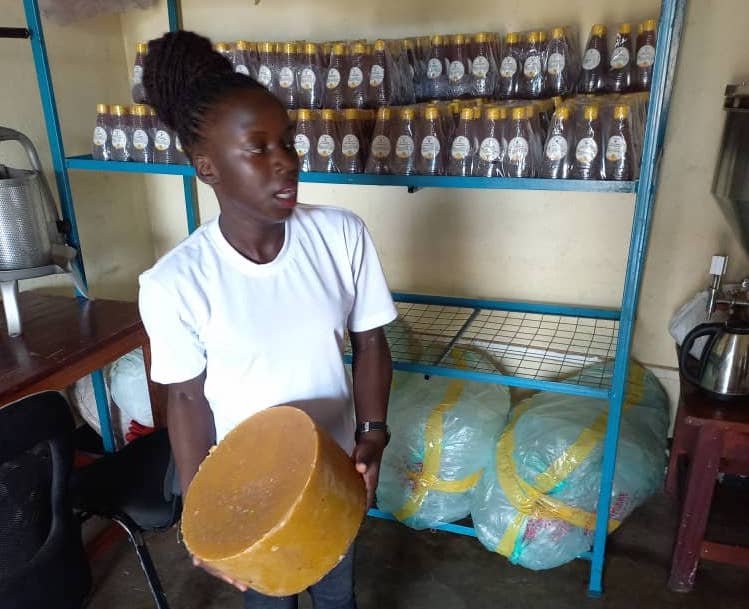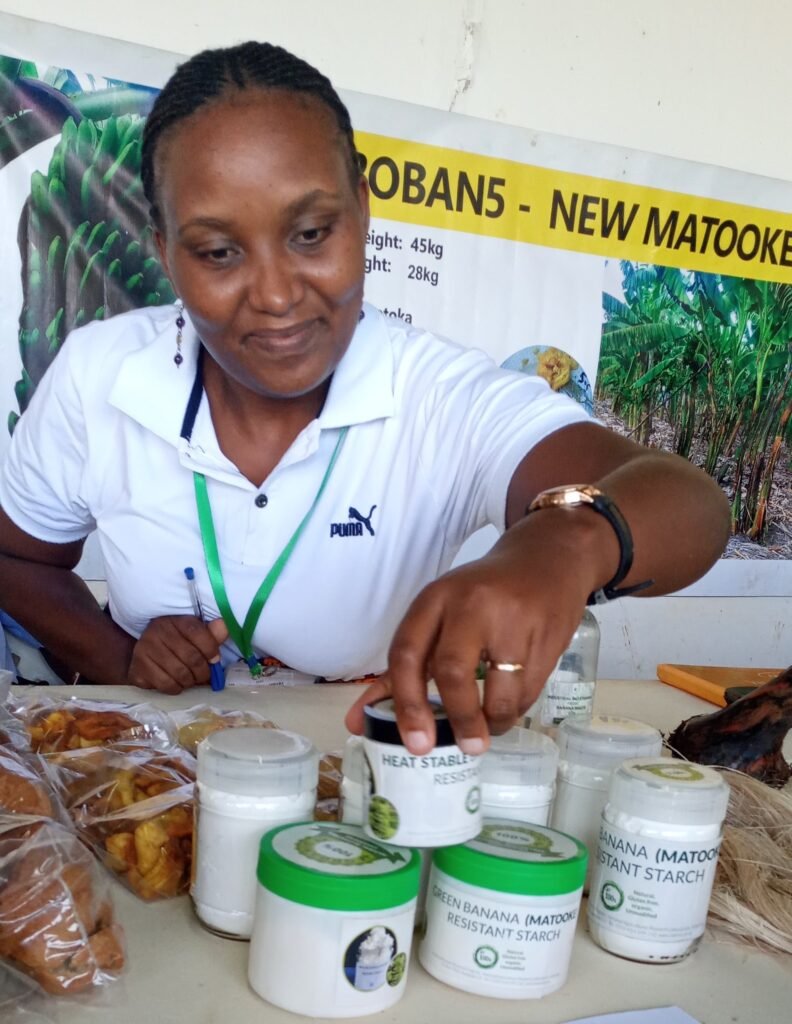Our special reports package for this edition focuses on farming mechanisation, a key issue often linked to the low food production and low agricultural productivity on Africa’s smallholder farms.
The story of Beatrice Nyamwamu demonstrates the impact women in agriculture can make in senior public service roles.
Ms Nyamwamu, who has been in public service for 25 years, is currently the director-general of Kenya’s crops sector regulator, the Agriculture and Food Authority (AFA), and previously headed its food crops directorate.
In both roles, she has steered major reforms in the sector credited with shielding farmers from exploitation, improving post-harvest handling, opening market opportunities and attracting investments in the country’s key food crops value chains. The most widely talked about product of those reforms are the regulations that restricted the packaging of Irish potatoes to 50kg bags, pulling the plug on the predatory brokers who for many years gave farmers a raw deal.
For this edition of PanAfrican Agriculture, we interviewed Nyamwamu and you can catch up with her giving deeper insights on the crop sector regulations and her vision for the agency in the Q&A section. Unfortunately, most public and private sector organisations in Africa are missing the unique perspectives that women leaders like Beatrice bring to agricultural policy, research and innovation due to persistent barriers against women rising to leadership positions.
African Women in Agricultural Research and Development (AWARD) says that women constitute less than a quarter (24 percent) of agricultural researchers in sub-Saharan Africa and only seven percent of these are in leadership positions.
Dr Susan Kaaria, the Director of AWARD and a globally renowned champion of inclusion in agricultural policy, research and innovation, explains in our profile feature how the organisation’s career development programmes are helping level the playing field.
Our special reports package for this edition focuses on farming mechanisation, a key issue often linked to the low food production and low agricultural productivity on Africa’s smallholder farms. The continued use of the hand hoe to till land in some places symbolises the persistent drudgery. But as our writers across the continent found out, innovations around equipment access and costs are breaking new ground in farm mechanization.
Read about the tractor-sharing apps linking tractor owners with farmers in Kenya and the drones dropping off semen to pig farmers in Cameroon, for example.
Enjoy!





